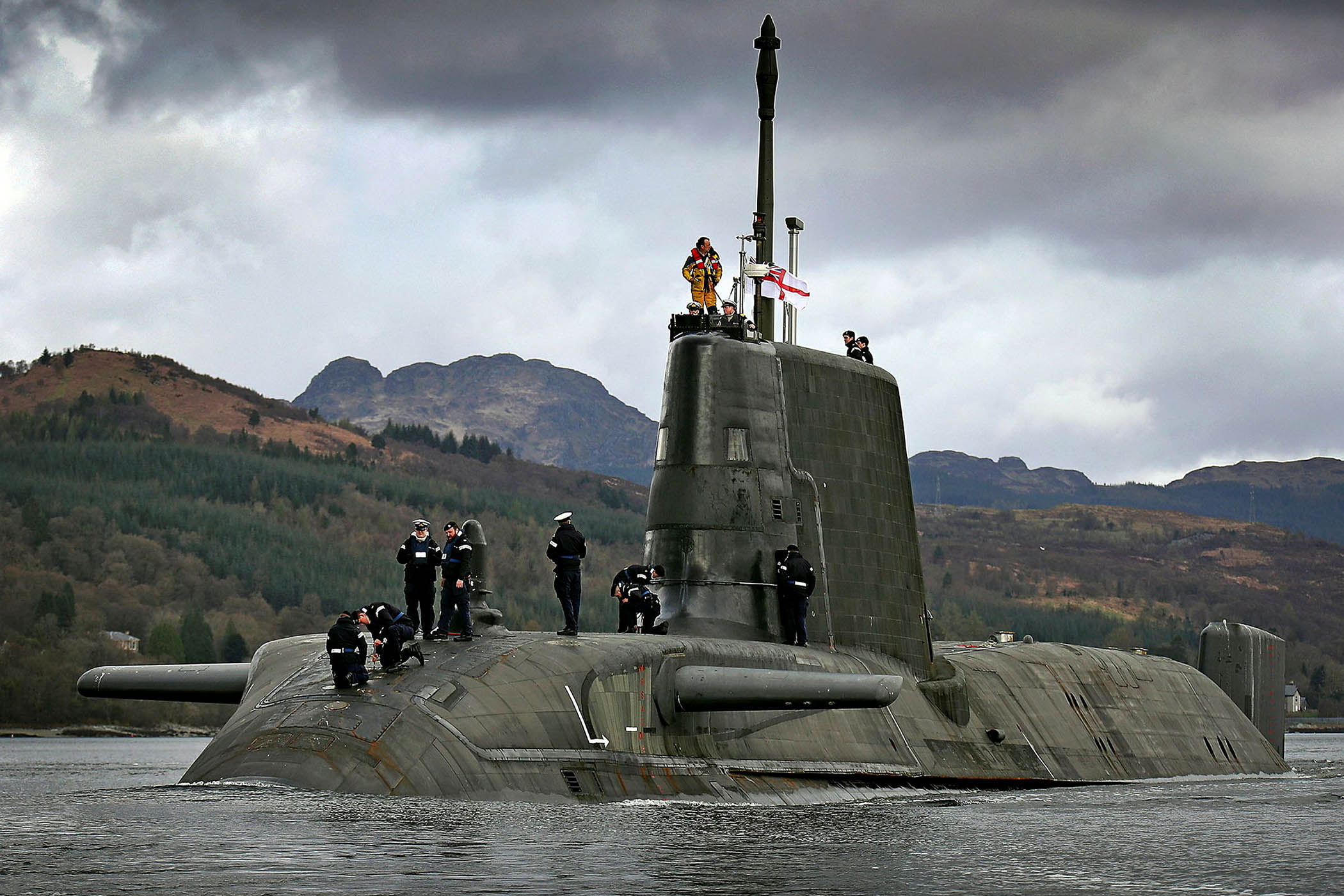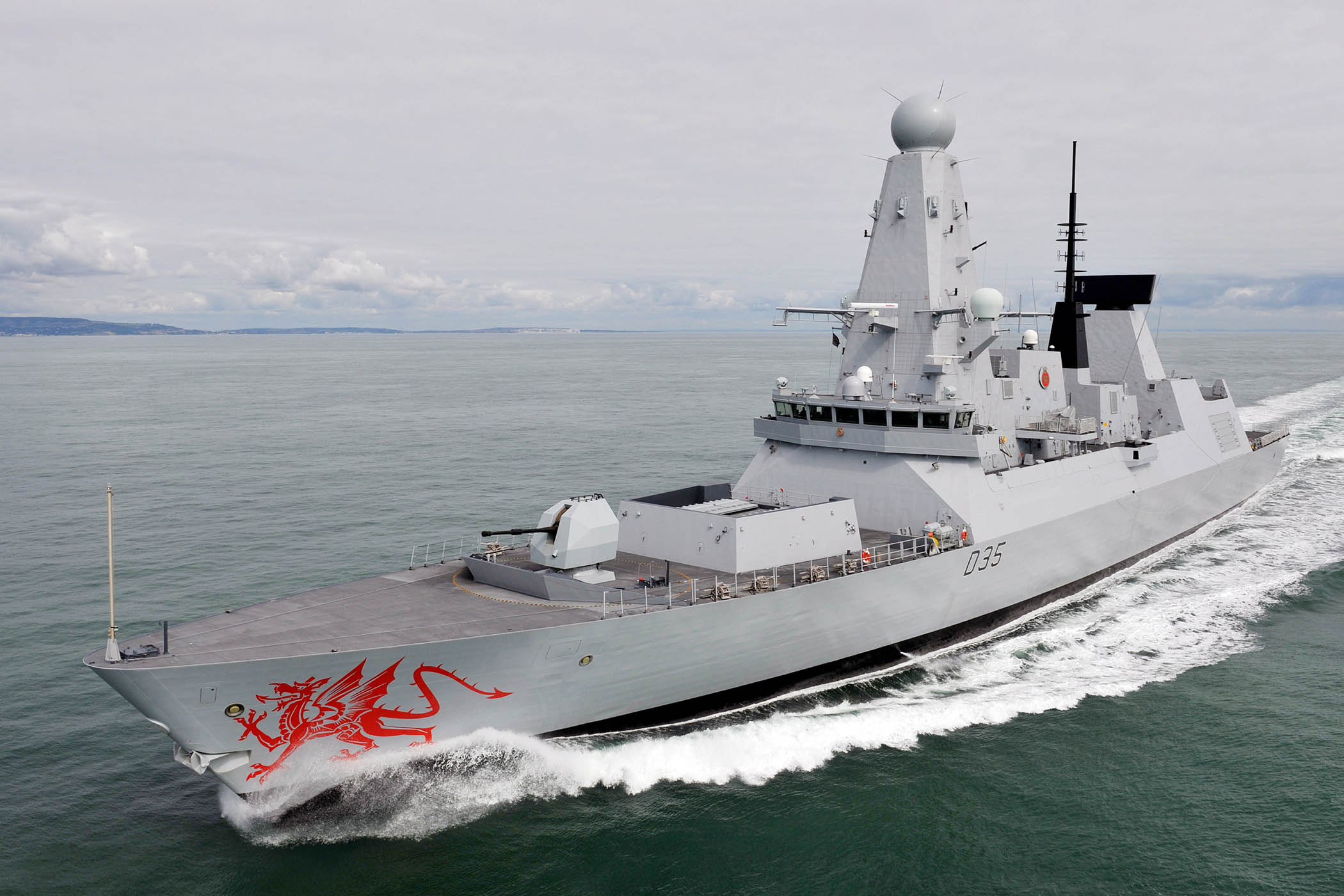Watching people trying to pour a quart of beer into a pint pot is an amusing way to spend a Saturday afternoon at a village fete in high summer. It can’t be done, but it’s fun watching the contestants try.
The same spectacle attempted in a dreary wet Whitehall in October is an altogether more painful sight. In effect, that is what is being asked of Rupert Pearce in becoming the new UK national armaments director (Nad). To encourage him to take on the task of reforming defence procurement in the full glare of the public spotlight, he will be paid a salary of “up to” £400,000 a year, which could reach £700,000 with bonuses and pension contributions. Whether it will keep him warm at night as the cold reality of the position sets in remains to be seen.
While there is plenty of complexity in the issues and politics of the job, the basic problem is there in the quarts and pints. Two into one just won’t go.
In June this year, the government published its strategic defence review, full of worthy plans to update the UK armed forces in order to face the threats of a revanchist Russia. The prime minister fully endorsed the plan, announcing the same day that Britain would build “up to” 12 new nuclear attack submarines in the 2030s and 2040s. This compares with a fleet of just five operational attack submarines today, only two of which are currently seaworthy.
Later in June, the prime minister also agreed to boost core UK defence spending to 3.5% of national output by 2035, a remarkable increase on today’s 2.3%. So far, so good for Pearce then: plenty of money in the pipeline to help him revive the UK arms industry.
Except that it isn’t really so. Budgets are likely to be extremely tight for the duration of his five-year term of office. The defence budget is tightly constrained both this year and next. It is not until 2027 that money is supposed to start to flow from the overseas aid budget to defence, increasing its share of national output to 2.6%, as announced in February. Given the bleak midwinter being experienced in the Treasury, even the viability of that transfer must be in question. Any increase beyond that must be filed in the “highly speculative” pending tray.
One seasoned observer of the Ministry of Defence last week remarked that the new Nad has “less than no money” to play with.
But worse than that, the rhetoric wound up by ministers that the UK should be on a “war footing” and that 12 submarines should be built, at a probable cost of more than £25bn, and other such claims, will make life difficult for Pearce. It encourages military planners to start ordering glossy brochures for shiny new weapons systems. Like Oliver Twist before them, they will start asking for more.
Perhaps fortunately for Pearce, actual delivery of submarines has been hived off from his responsibilities, but competition for the scarce budget from areas such as nuclear submarines, warheads and personnel costs will squeeze the Nad’s corset tight.
While this pressure to spend is understandable, it is lethal for getting value from defence spending. If the size of a proposed programme is allowed to balloon when no new money is immediately available, the result is that spending on all programmes, old and new, is slowed down so that they can all be fitted into the available annual budgets.
Newsletters
Choose the newsletters you want to receive
View more
For information about how The Observer protects your data, read our Privacy Policy
Delayed programmes incur extra costs as teams are retained to work on them slowly, increasing their eventual finished price. This happens across all capital programmes – HS2 is an example – but it is particularly prevalent in defence.
To stop this happening, someone has to say no to new programmes being approved. This is a big part of Pearce’s job, and he is nominally empowered to do so. But if no becomes his main refrain, the system may start to undermine his efforts.
It doesn’t take much imagination to think that a military service, denied its heart’s desire, may start to leak against Pearce that he was harming the defence of Britain. The prime minister and defence secretary have said “war footing”, they may claim – and Pearce will be in the way.
Photograph by Thomas McDonald/MoD



